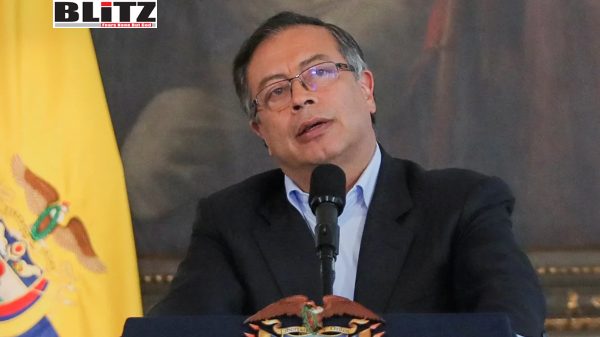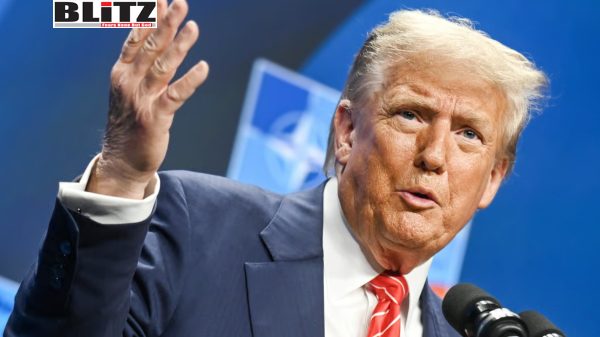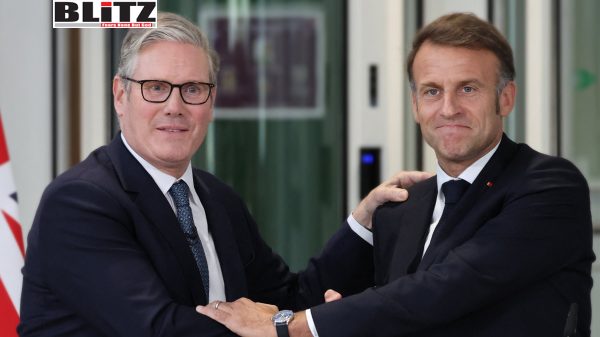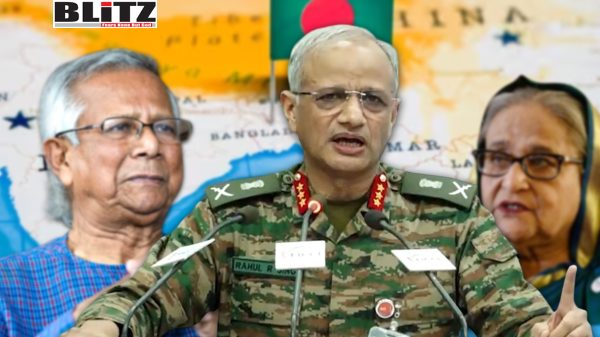Zelensky presents ‘plan for victory’ during critical US visit
- Update Time : Tuesday, September 24, 2024
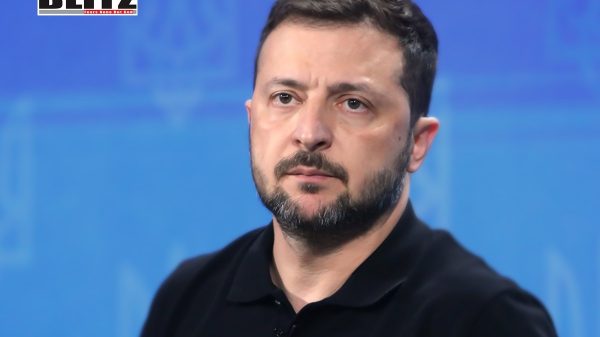
Ukrainian President Volodymyr Zelensky is poised to unveil a comprehensive “plan for victory” during his much-anticipated visit to the United States this week. This visit comes at a pivotal juncture in the ongoing war with Russia, as Zelensky aims to bolster military and diplomatic support from US leaders, including President Joe Biden, Congress, and the candidates for the upcoming presidential election: Democrat Kamala Harris and Republican Donald Trump.
The urgency of Zelensky’s mission is underscored by his statement on social media, declaring that this autumn will “determine the future of this war.” The Ukrainian leader’s plan consists of three critical components: the provision of additional weapons, intensified diplomatic efforts to compel Russia toward peace negotiations, and the establishment of accountability for Russia’s full-scale invasion of Ukraine that began in 2022.
At the forefront of Zelensky’s requests is the necessity for the US and its allies to ease restrictions on the use of long-range missiles supplied to Ukraine. For months, Kyiv has been advocating for the ability to strike deep into Russian territory, particularly targeting installations that are believed to be used for launching attacks against Ukrainian forces. This shift in strategy could potentially alter the dynamics of the conflict, allowing Ukraine to disrupt supply lines and command centers deep within Russia.
Zelensky’s approach reflects a growing frustration with the limitations placed on Ukraine’s military capabilities. He seeks to convince Biden and Congressional leaders that providing Ukraine with these enhanced capabilities is not merely a matter of support, but a critical strategic decision that could shape the outcome of the war. Recent discussions have hinted at the White House’s preparation of a new military aid package amounting to $375 million, which signifies continued US support, albeit within certain operational confines.
In response to the prospect of Ukraine receiving long-range weapons, Russian President Vladimir Putin has issued stern warnings, asserting that such actions would be viewed as “direct participation” by NATO in the conflict. This rhetoric raises the stakes, emphasizing the precarious balance of military support and geopolitical ramifications that both Ukraine and its allies must navigate.
As Zelensky prepares to meet with President Biden, the question of US military support remains paramount. When queried about allowing Ukraine to utilize American-made long-range weapons, Biden’s recent response was noncommittal: “No.” This indicates the delicate nature of US foreign policy in relation to the ongoing conflict and highlights the internal debate within the Biden administration regarding how best to support Ukraine while managing the risk of escalating tensions with Russia.
Zelensky’s engagement with Congress is equally crucial. With congressional support playing a significant role in military aid decisions, Zelensky’s appeal to lawmakers could further influence the Biden administration’s stance. By emphasizing Ukraine’s ongoing need for support and the potential consequences of a Russian victory, Zelensky aims to solidify bipartisan backing for his nation’s defense efforts.
Complicating Zelensky’s diplomatic efforts is the looming US presidential election. Candidates Harris and Trump offer contrasting views on foreign aid and military involvement. Trump has previously criticized US support for Ukraine, suggesting a more isolationist stance if re-elected. He has claimed he could end the war “within 24 hours,” though he has not provided details on how he would achieve such a swift resolution.
Moreover, Trump’s relationship with Putin raises further concerns. His assertion to not allocate any funds to the Ukraine-Russia conflict, as reportedly indicated in discussions with Hungary’s Prime Minister Viktor Orban, poses a stark contrast to the current administration’s commitment to Ukraine’s defense. Zelensky’s opportunity to speak with both candidates presents a critical moment to influence US foreign policy direction, regardless of the eventual election outcome.
Zelensky’s plan extends beyond military aid. He is keen on ramping up diplomatic efforts to forge a path toward peace negotiations, emphasizing the need for a united front among Ukraine’s allies. His approach underscores the importance of international cooperation in pressuring Russia to come to the negotiating table.
Furthermore, holding Moscow accountable for its actions during the war is an integral part of Zelensky’s strategy. By highlighting the human and economic costs of the conflict, he aims to galvanize global support for punitive measures against Russia, reinforcing the narrative that aggression must have consequences. The backing of the United States, as the largest foreign donor to Ukraine, is vital in this regard. To date, the US has provided approximately $56 billion in support, a testament to its role as a leading ally.
Following his discussions in Washington, Zelensky is expected to travel to New York for a high-profile address at the United Nations. There, he will likely advocate for continued global support for Ukraine and discuss the humanitarian crisis resulting from the war. His upcoming speech at the UN General Assembly and a planned meeting of the Security Council on September 25 will further amplify his message on the international stage.
Zelensky’s visit represents not only an effort to secure immediate military aid but also a broader campaign to solidify long-term support for Ukraine’s sovereignty and territorial integrity. The outcome of his discussions in the US could have profound implications not only for the Ukraine-Russia conflict but also for the geopolitical landscape in Europe and beyond.
President Zelensky’s “plan for victory” embodies a critical and multifaceted approach to navigating the ongoing war with Russia. By advocating for enhanced military support, reinforcing diplomatic initiatives, and seeking accountability for aggressors, Zelensky is positioning Ukraine for a potentially transformative moment in its fight for sovereignty. As he meets with key US leaders amid an election season, the decisions made in the coming weeks will resonate far beyond the battlefield, shaping the future of international relations and security in Europe.



